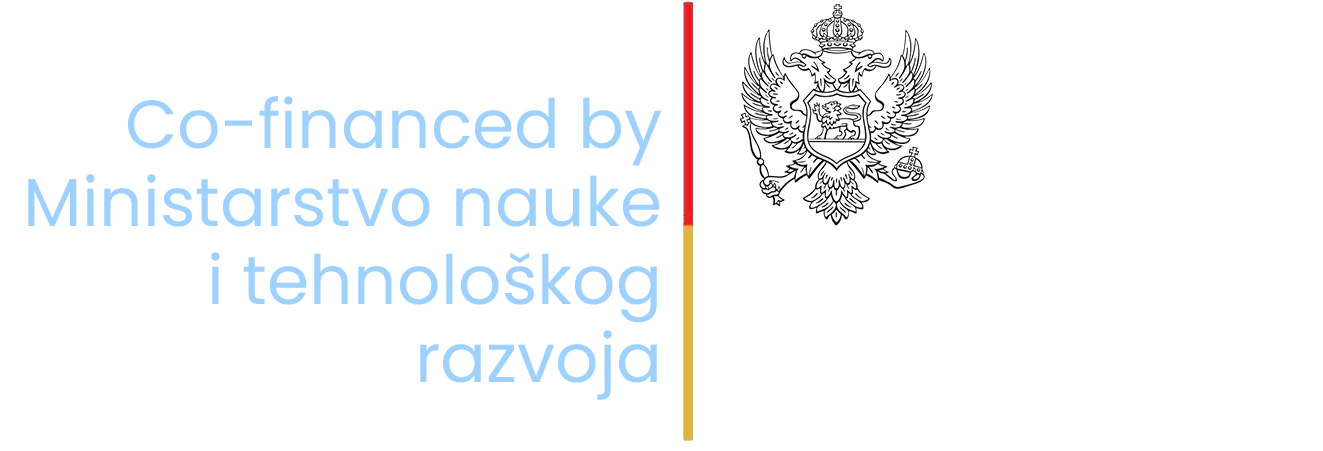
The term KYC (Know Your Customer) denotes a series of procedures that the bank uses to confirm the identity of the client. You probably once had the opportunity to do a KYC check when opening an account on the site, whether it was done via video or photo verification. KYC verification is regulated by law and is a prerequisite for using the services of financial institutions.
Why is KYC verification important?
KYC check protects both the bank and the client. Namely, the client opens an account in his own name and submits data proving his identity. In the absence of this check, any other person could use someone else’s data, thereby jeopardizing the client’s security and opening the way to possible fraud.
On the other hand, the bank is obliged to carry out checks in order to protect itself and the entire financial system. The bank checks the client’s documentation and identity before opening an account and allowing transactions, but in certain cases, it may ask for additional documentation during individual transactions. In these situations, KYC verification is carried out as a bank policy directed against money laundering and similar suspicious activities.
KYC verification can be done at branches in person or through online verification services that are integrated into the client’s onboarding process.
Application of KYC process
KYC verification is a prerequisite for using numerous services, and some of the most important are:
Opening bank accounts
Confirmation of transactions
Credit management
Government eServices
Insurance services
Signing documents
The first two examples are particularly important for banks as financial institutions whose operations are strictly regulated by law.
Case study: CX360 KYC/AML Task Manager
The KYC procedure is initiated by the Core Banking System or some other software on the bank’s IT infrastructure. Often the information is at a basic level and there is no way to track the employee in performing this task. In order to solve the problem of late, incomplete, or incomplete checks of the client’s documentation, the software company Logate has developed a special solution within its CX360 banking CRM – KYC/AML Task Manager.
KYC/AML Task Manager creates tasks based on previously obtained data from the Core Banking System or some other bank software and assigns them to employees in the Compliance sector. The bank chooses whether the Task Manager will assign the task to one employee or to a group of employees. When performing the task, there may be a delay because the client renews personal documentation or is out of the country. All task statuses can be tracked through an intuitive interface, which ensures that the employee completes the check and that the bank has valid documents in accordance with the law.
KYC/AML Task Manager is used by NLB Banka Podgorica.
Why is KYC the topic of the CBCG Hackathon?
KYC is currently a hot topic in the region. In most countries, it is not possible to open an account remotely, but the laws are slowly changing, which creates the prerequisites for the next level of digitization of banking.
The KYC theme does not limit teams to developing identity verification services. As long as KYC verification is the basis of the solution, the application can vary and thus create potentially innovative banking products.
The software solution that performs KYC verification, as well as other applications of this concept, has a potentially interested audience, which gives the participants of the hackathon an opportunity to acquire clients.
Submit your solution for the CBCG Hackathon
Do you think you have a solution that would change the way digital KYC verification is done or use the same for a more complex solution that digitizes the bank?
Register via the link on the Takai platform by October 1.
All ideas will go through a pre-selection process, and the 5 best teams will be chosen to present their solutions to an expert international jury.
The first-placed team will receive 12,000 euros for further development of the idea and additional support from the Central Bank of Montenegro, while the best team from Montenegro will receive a cash prize worth 3,000 from Mastercard.


